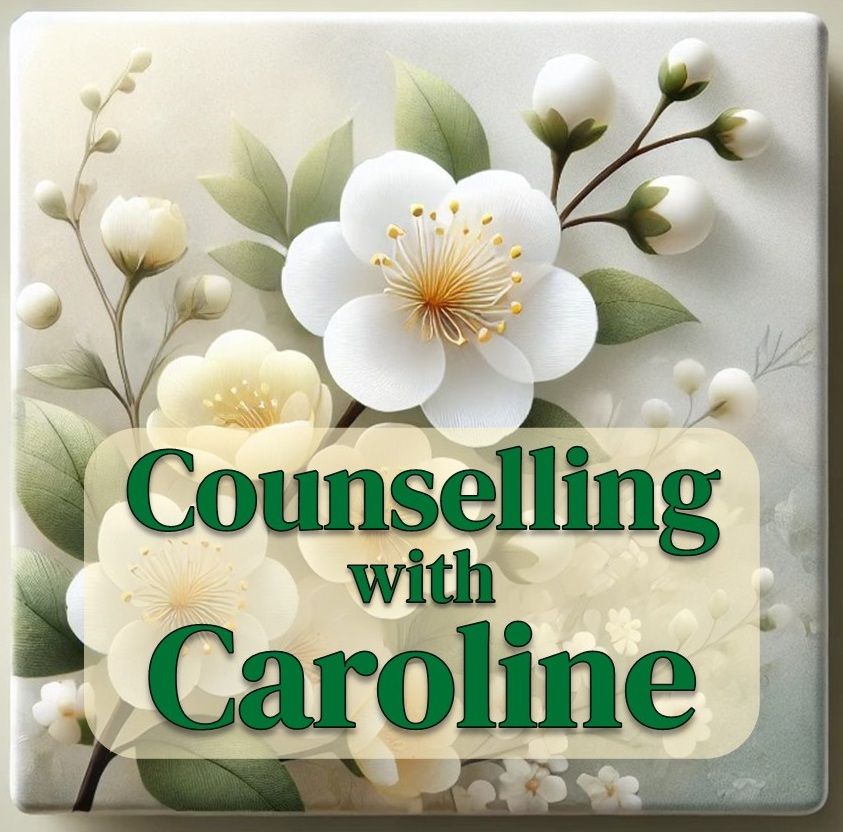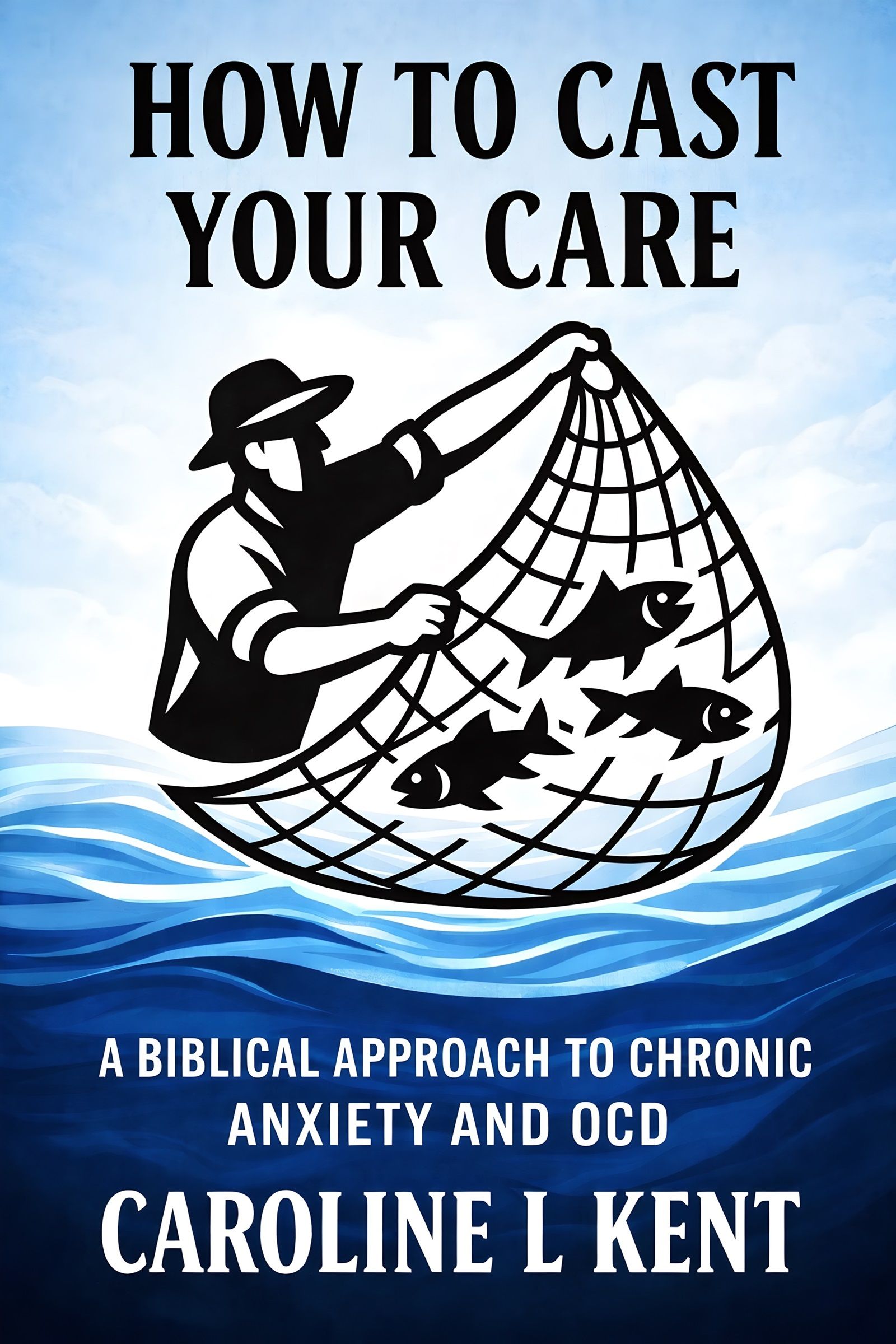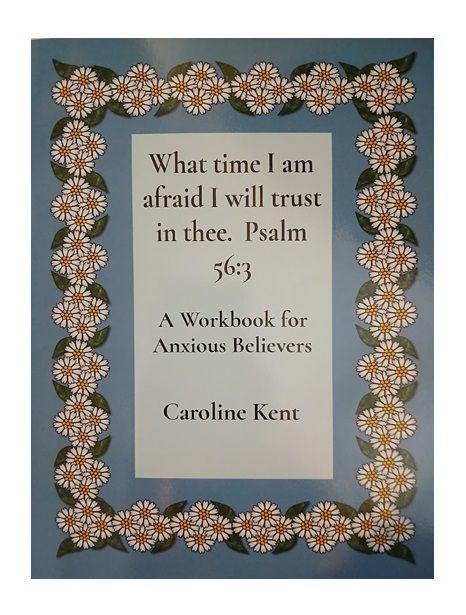Guilt and Shame
Introduction
Guilt and shame are heavy burdens of the soul. Guilt arises when we know we have broken God’s law and stand condemned apart from Christ. Shame often lingers even after forgiveness, binding us with feelings of unworthiness and fear of rejection. Both can cripple the Christian’s joy and assurance if not dealt with in the light of the gospel.
Richard Baxter distinguishes carefully between true guilt that drives us to Christ, and false guilt or excessive shame that Satan uses to discourage believers. The cross of Christ is God’s remedy: Jesus bore both our guilt and our shame (Hebrews 12:2), so that we might be clothed in His righteousness and welcomed as beloved children.
Scripture Focus
- “There is therefore now no condemnation to them which are in Christ Jesus, who walk not after the flesh, but after the Spirit.” (Romans 8:1, KJV)
List of Relevant Scriptures
- Psalm 32:1–2 – Blessed is the one whose transgression is forgiven.
- Psalm 51:1–12 – David’s prayer of confession and cleansing.
- Isaiah 53:5–6 – The Lord laid on Christ the iniquity of us all.
- Micah 7:18–19 – God casts our sins into the depths of the sea.
- John 8:10–11 – “Neither do I condemn thee: go, and sin no more.”
- Romans 5:1 – Being justified by faith, we have peace with God.
- Hebrews 9:14 – The blood of Christ purges the conscience from dead works.
- Hebrews 12:2 – Jesus endured the cross, despising the shame.
- 1 John 1:9 – If we confess our sins, He is faithful and just to forgive.
Overview of the Biblical Teaching on This Issue
Guilt is real — all have sinned and fall short of God’s glory. But in Christ, guilt is dealt with once for all at the cross. Through faith we are justified, declared righteous, and reconciled to God.
Shame, though often tied to guilt, can cling even after forgiveness. The gospel addresses shame by assuring us of our new identity in Christ. We are no longer defined by our sins or past failures but by Christ’s righteousness. The Bible calls us to live as those set free, no longer bound by condemnation or fear.
Pastoral Guidance
Drawing from Baxter’s counsel:
- Confess and forsake sin: True guilt must be brought to the light. “Hide not your sin, but confess it, and forsake it, and mercy is sure.”¹
- Distinguish between godly sorrow and despair: Godly sorrow leads to repentance and life, but despair is Satan’s counterfeit that leads to hopelessness.
- Believe God’s promises of pardon: Baxter directs anxious souls again and again to rest on God’s covenant, not on their feelings: “Live upon the covenant of grace, and the sufficiency of Christ, more than upon your own apprehensions.”²
- Deal with shame through union with Christ: Remember that Jesus bore shame on the cross. If He has covered us in His righteousness, no humiliation from men or memories of past sin can strip us of His honour.
- Guard against scruples and false guilt: Baxter warns that some mistake temptation or weakness for damnation. Believers must learn to silence false accusations with the promises of the gospel.
- Use the means of grace: Prayer, meditation, the Lord’s Supper, and fellowship all serve to strengthen assurance and lift the soul out of despair.
Further Reading
- Richard Baxter, A Christian Directory, Part I, Ch. XI (“Directions for Troubled Consciences and Those Overwhelmed with the Guilt of Sin”).
- Thomas Brooks, Precious Remedies against Satan’s Devices (esp. on Satan’s accusations).
- John Owen, The Forgiveness of Sin.
- Thomas Watson, A Body of Divinity (on justification).
- Modern: Edward Welch, Shame Interrupted.
Footnotes
- Baxter, A Christian Directory, Part I, Ch. XI.
- Ibid.





